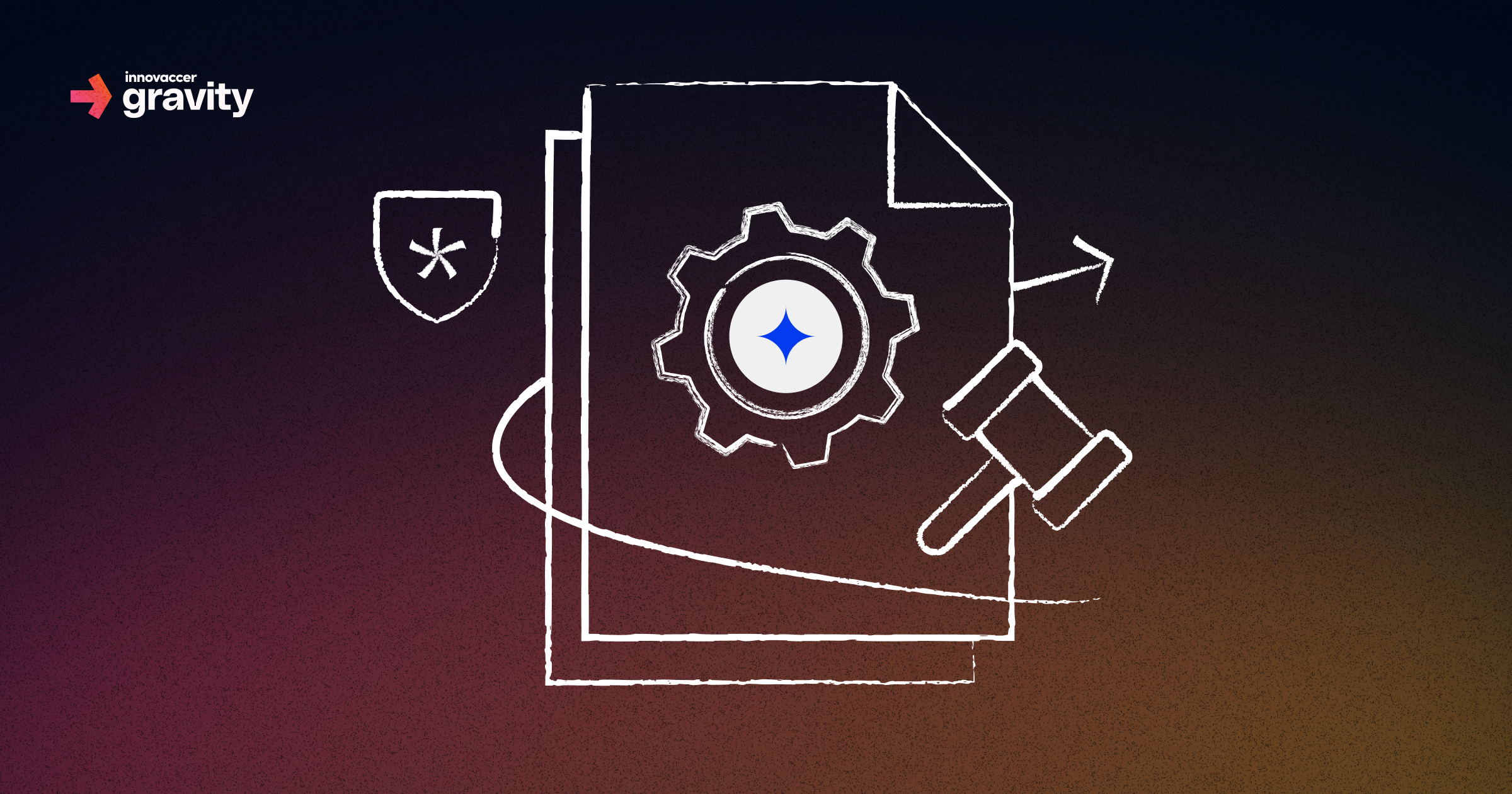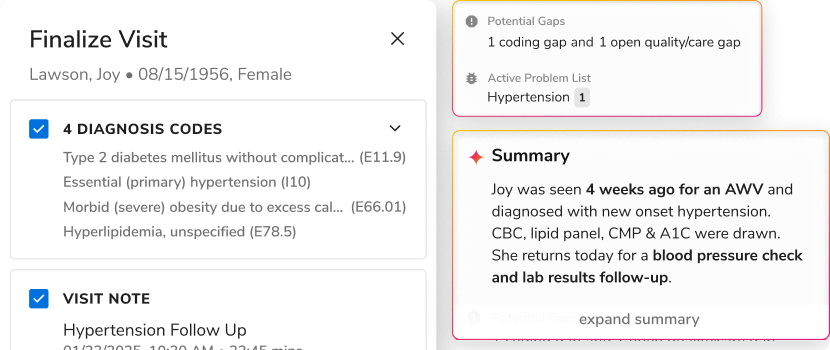Smarter Workflows: How Operational AI Protects Revenue and Readies You for 2026


Margins are under siege. In 2024, the national claims denial rate climbed to 12 percent, Medicare Fee-for-Service reported $31.2 billion in improper payments, and coding errors in primary diagnoses hit 26.8%.
Each denied or reworked claim drains cash, increases compliance risk, and wastes staff hours. Left unchecked, these gaps compound. With rising patient volumes and looming CMS deadlines, these gaps threaten financial stability and operational resilience.
The Compliance Cliff: Why Manual Processes Are a Liability
CMS-0057-F has turned operational efficiency into a regulatory mandate. Seven-day adjudication timelines and FHIR-based interoperability requirements are approaching. Health systems that depend on manual processes or partially automated processes risk revenue leakage and missing compliance targets.
While the threat is real, the opportunity is tangible as well. By automating workflows, healthcare systems stand to gain financially, and operationally.
Revenue Leaks Hiding in Plain Sight
The greatest dangers lie out of sight. Prior authorization requests pass through multiple portals and EMR screens, slowing the cycle and increasing the chance of missing documentation. Coding teams sift through clinical notes to find rejected claims for rework weeks later. Referral management sits in silos, leaving case managers in the dark about key updates and slowing patient care.
These pinch points convert directly to quantifiable losses: delayed revenue, increased write-offs, wasted manual labor, and increased compliance exposure. When previous authorizations exceed the mandated window or denial documentation is unavailable, fines and lost payments accumulate at the same time.
How Gravity Turns Compliance into Competitive Advantage
The fastest path forward is turning fragmented workflows into connected, AI-enabled operations. Gravity’s Healthcare Intelligence Platform embeds intelligence where it matters most, so finance and clinical teams catch errors before they become lost revenue.
Prior Authorization: Imagine a high-volume cardiology practice submitting dozens of authorization requests daily. Traditionally, staff hunt for missing lab results or imaging reports, delaying approvals and holding up procedures. With Gravity, FHIR-enabled intake pulls clinical data automatically, flags missing documents, and routes exceptions instantly. Requests that once took days move through in hours, reducing delays, preventing denials, and freeing staff to focus on complex cases.
Coding Accuracy: A neurology department suffers from high denial rates due to subtle gaps in documentation that trigger payer rejections. Gravity's NLP models review notes in real time, check against payer rules, and flag unclear claims before submission. Denial management agents then classify root causes and create appeal packets. Finance leaders can monitor developing trends and step in, halting recurring revenue loss before it snowballs.
Care Coordination Made Seamless: In oncology, patients often navigate multiple specialists and imaging centers, leaving case managers scrambling to track authorizations and appointments. Gravity ties together referrals, schedules, and updates between providers and payers while exposing next-best actions. The outcome is reduced missed appointments, increased patient throughput, and quantifiable reductions in delayed revenue.
Because requests are auto-populated, staff spend less time chasing documentation. Because denials are analyzed as they occur, finance leaders intervene before trends escalate into lost revenue. Operational AI turns daily workflows into a revenue-protecting, compliance-ready infrastructure that scales with patient volume and complexity.
From Mandate to Margin: Turning Compliance into Strategic Advantage
Modernizing for CMS-0057-F is more than penalty avoidance. Early adoption transforms revenue cycle and care coordination into scalable, AI-ready operations. Health systems can expedite revenue cycles, lower denials, and stabilize workforce capacity without an increase in headcount. Taking action now means you can transition from reactive compliance to proactive intelligence.
The same AI platform driving prior authorization and coding automation carries over to population health analytics, predictive care management, and value-based contracting programs.
Book a demo to see Gravity's healthcare intelligence can optimize your healthcare ecosystem, one workflow at a time.

.png)





.png)









.svg)
.svg)

.svg)

